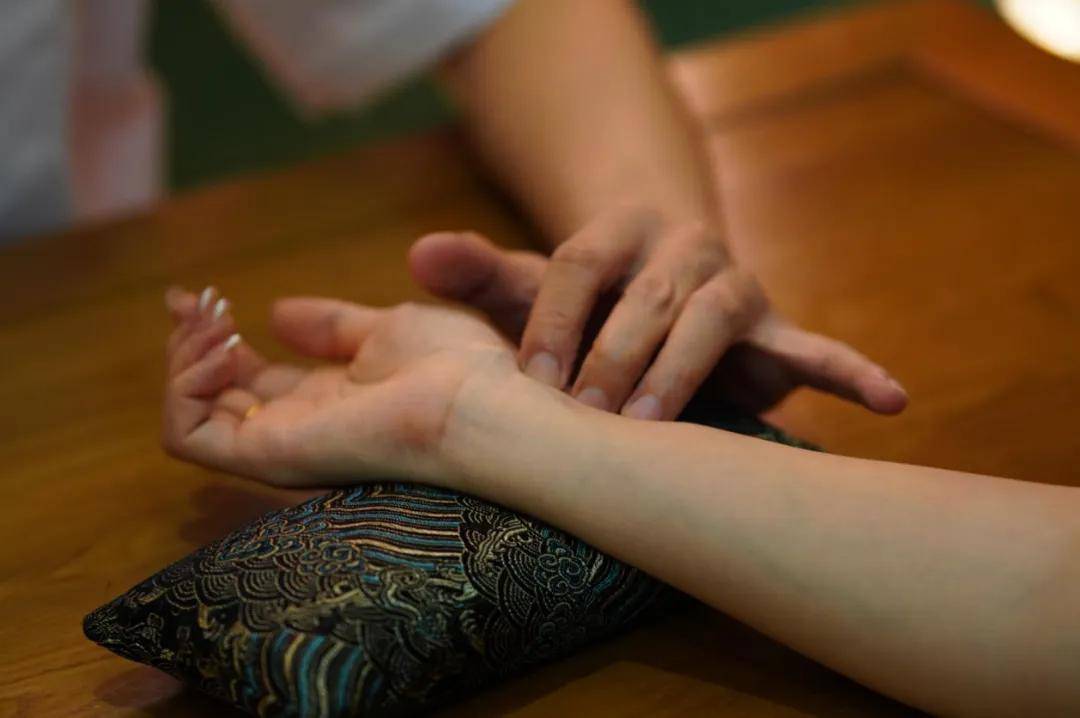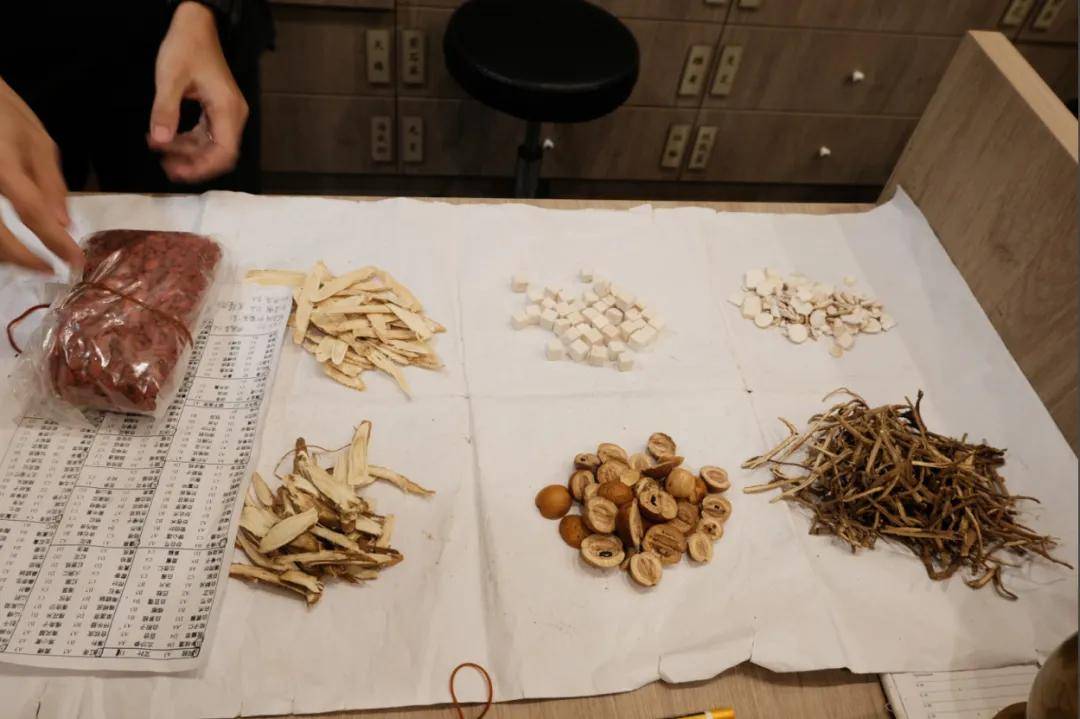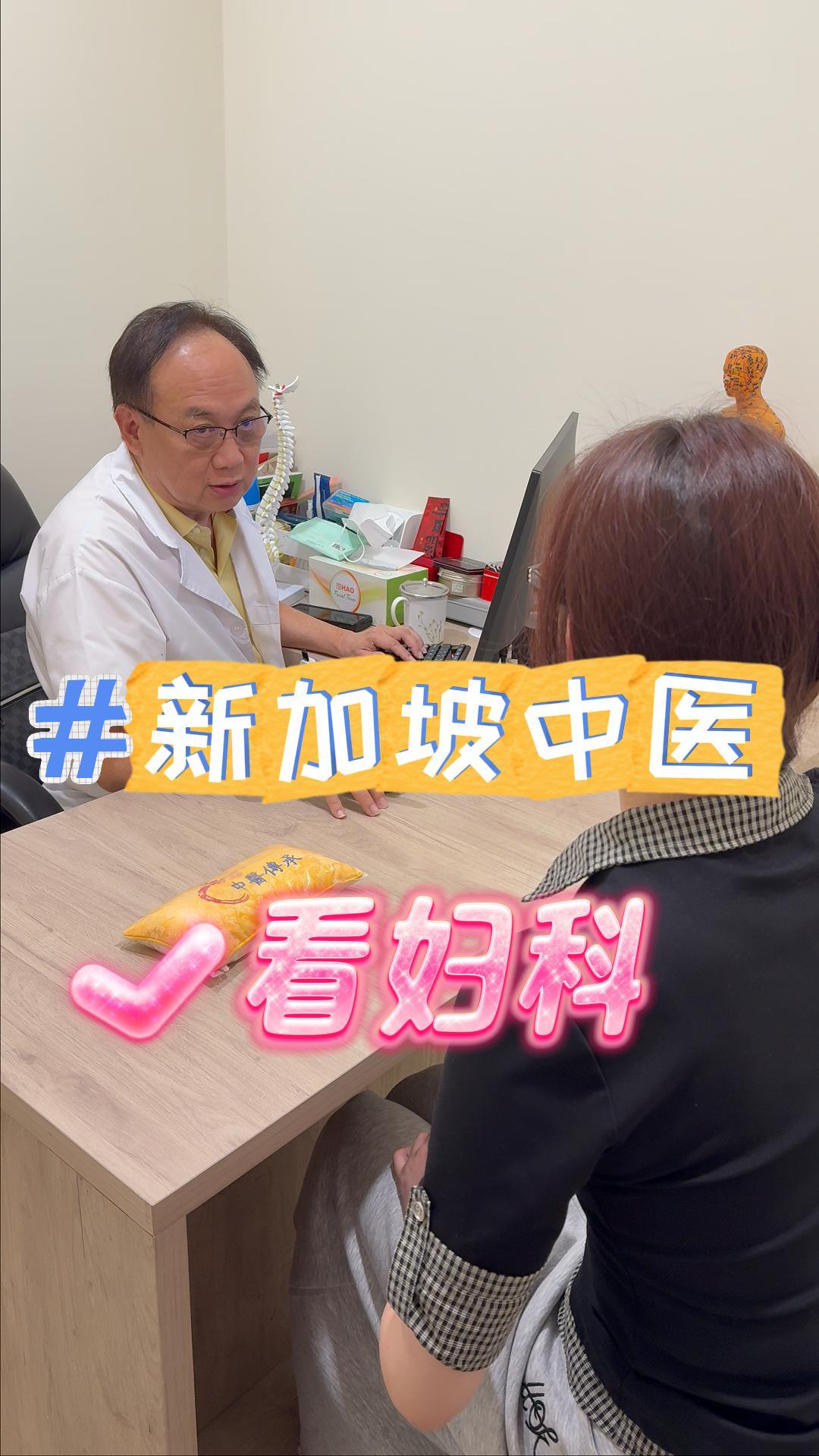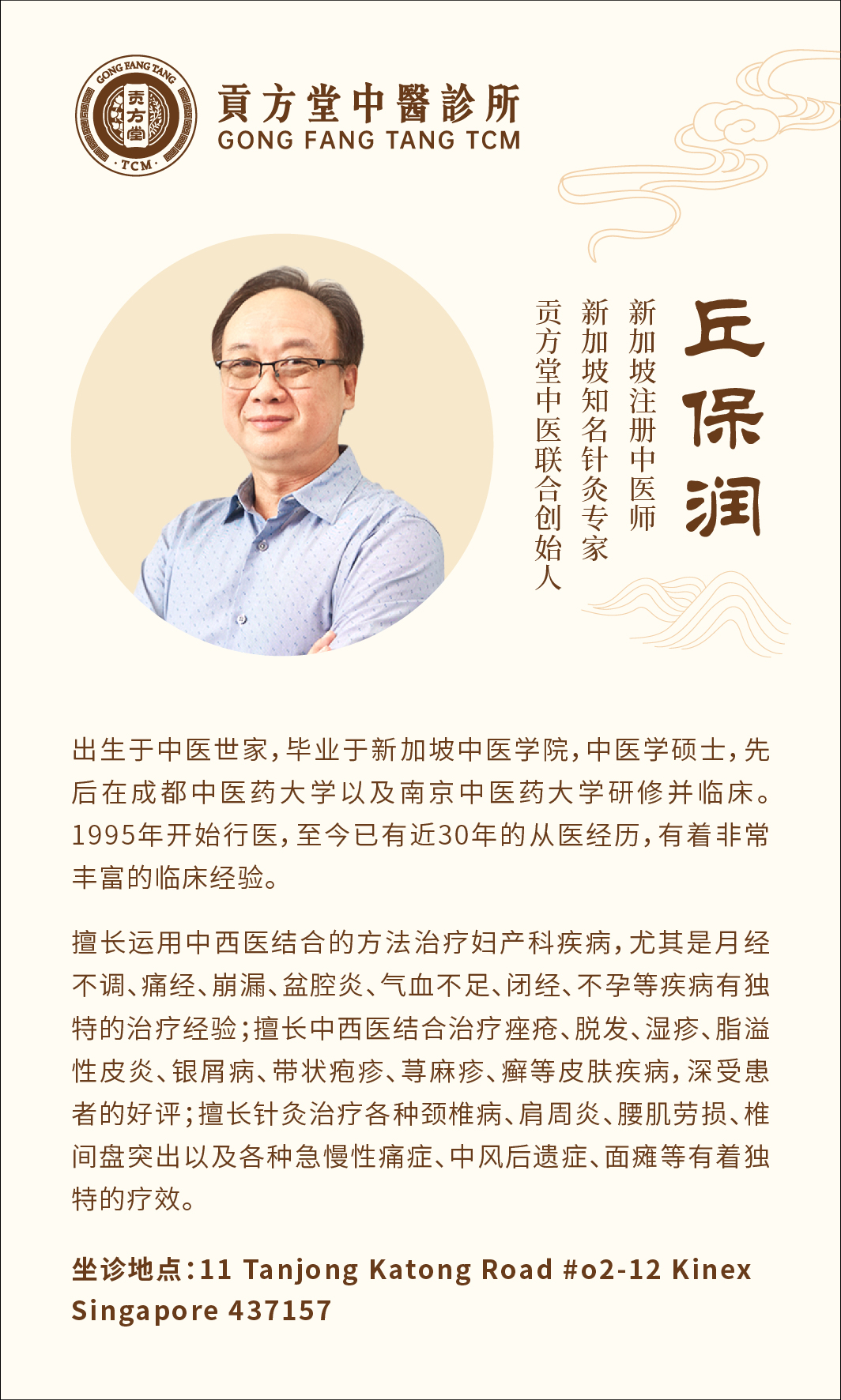- Physicians
- Clinics
- TCM
- Western GP
-
Fees
-
Deals & Privileges
- About & Resources
- Contact Us
As the saying goes, "Nine out of ten women suffer from inflammation," highlighting how common and highly prevalent gynecological inflammation is. However, many women do not take it seriously after developing the condition, leading to recurrent symptoms and persistent difficulties in recovery.

Different types of gynecological inflammation may present with varying symptoms, but there are also common manifestations, such as increased vaginal discharge with an unpleasant odor; vulvar itching and a burning sensation; lower abdominal pain and backache; prolonged or irregular menstruation, increased or decreased menstrual flow, dark-colored menstrual blood with clots...
In Traditional Chinese Medicine (TCM), the edema and adhesions caused by gynecological inflammation are seen as stagnant water—when it doesn’t flow, it becomes putrid and breeds bacteria and viruses. It’s really that simple. To draw an analogy, it’s like a river that remains blocked for a long time, inevitably accumulating waste and foul air, disrupting the smooth flow of qi and blood. All we need to do is clear the blockage and restore the flow—just as the saying goes, "Running water never goes stale, and a door-hinge never gets worm-eaten."
So why does gynecological inflammation recur so easily? According to Dr. Que Poh Yuen Albert, a TCM gynecological expert at Singapore’s Gong Fang Tang TCM, the key lies in dampness—whether it’s cold-dampness or damp-heat. TCM believes that dampness is sticky and lingering, making it difficult to eliminate quickly, which is why the condition often persists for a long time.
TCM holds that this disease is mostly caused by damp-heat and toxic pathogens invading the uterus and its collateral channels. In the acute phase, it is often classified as damp-heat stasis or qi-blood stagnation. However, in the post-disease stage, there is often damage to the body’s vital qi (zhengqi) and spleen deficiency. When spleen deficiency occurs, dampness lingers, leading to a pattern of spleen deficiency with dampness and blood stasis intertwining.

Danggui Shaoyao San (Angelica and Peony Powder)
Commentary: The Golden Chamber (Jingui Yaolue), in the 20th chapter "Pulse Syndromes and Treatment of Women’s Pregnancy Diseases," states: "For women during pregnancy who suffer from abdominal pain, Danggui Shaoyao San is prescribed." The chapter on women’s miscellaneous diseases further notes: "For various types of abdominal pain in women, Danggui Shaoyao San is prescribed."
Its composition is as follows:
Danggui (Angelica sinensis) – 3 liang
Shaoyao (Paeonia lactiflora) – 1 jin
Fuling (Poria cocos) – 4 liang
Baizhu (Atractylodes macrocephala) – 4 liang
Zexie (Alisma orientale) – 0.5 jin
Chuanxiong (Ligusticum chuanxiong) – 0.5 jin (or 3 liang in some versions)
Danggui serves as the sovereign herb, nourishing blood and regulating the liver. Shaoyao assists Danggui in nourishing blood and softening the liver, while Fuling and Zexie promote diuresis and drain dampness, acting as minister herbs. Together with the sovereign herb, they achieve the effect of nourishing blood and eliminating water retention. Baizhu strengthens the spleen and boosts qi, and Chuanxiong moves qi and activates blood circulation, serving as assistant and guide herbs.
These six herbs can be divided into two groups:
Blood-regulating herbs (Danggui, Shaoyao, Chuanxiong) – Harmonize blood and soothe the liver.
Qi-regulating herbs (Fuling, Baizhu, Zexie) – Strengthen the spleen and transform dampness.
When combined, the formula nourishes blood, regulates the liver, strengthens the spleen, and resolves water retention. It treats both the liver and spleen but focuses primarily on the liver; it regulates both qi and blood but emphasizes blood regulation.
This formula is suitable for treating abdominal pain caused by liver stagnation with blood deficiency, spleen deficiency with dampness retention, or disharmony between the liver and spleen leading to qi-blood imbalance.
Inspired by the original text’s mention of "various types of abdominal pain in women," later generations expanded its application to treat pain caused by gynecological conditions such as pelvic inflammatory disease, tubo-ovarian abscess, and uterine fibroids, achieving excellent therapeutic results.

Medical Case Report
Patient: Ms. Liu, 42 years old, with a long history of chronic endometritis. Recently sought treatment due to worsening symptoms.
Current Symptoms:
Leukorrhea (vaginal discharge) white with traces of red
Dull complexion
Dull, fixed lower abdominal pain with a sensation of sinking
Dizziness and blurred vision
Pale-dark tongue with slight purple spots, thin white coating
Deep and choppy pulse
Diagnosis (TCM Pattern): Blood deficiency complicated by dampness and blood stasis.
Treatment Principle: Nourish and replenish blood, while resolving stasis.
Prescription: Modified combination of Danggui Shaoyao San (Angelica and Peony Powder) and Guizhi Fuling Wan (Cinnamon Twig and Poria Pill) with additional herbs:
Danggui (Angelica sinensis)
Shaoyao (Paeonia lactiflora)
Chuanxiong (Ligusticum chuanxiong)
Fuling (Poria cocos)
Baizhu (Atractylodes macrocephala)
Zexie (Alisma orientale)
Guizhi (Cinnamomum cassia)
Taoren (Prunus persica)
Mudanpi (Paeonia suffruticosa)
Yiyiren (Coix lacryma-jobi)
Zhigancao (Glycyrrhiza uralensis, honey-fried)
Dosage & Administration:
6 doses, decocted in water, 1 dose per day, divided into 3 servings.
Outcome:
After 24 days of continuous use, all symptoms resolved. An additional 12 doses were prescribed to consolidate the therapeutic effect. Follow-up after one year showed sustained improvement.
Note:
Danggui Shaoyao San is a prescribed formula. Its application must be determined by a licensed TCM practitioner based on tongue, pulse, and constitutional diagnosis. Self-medication is strongly discouraged.
